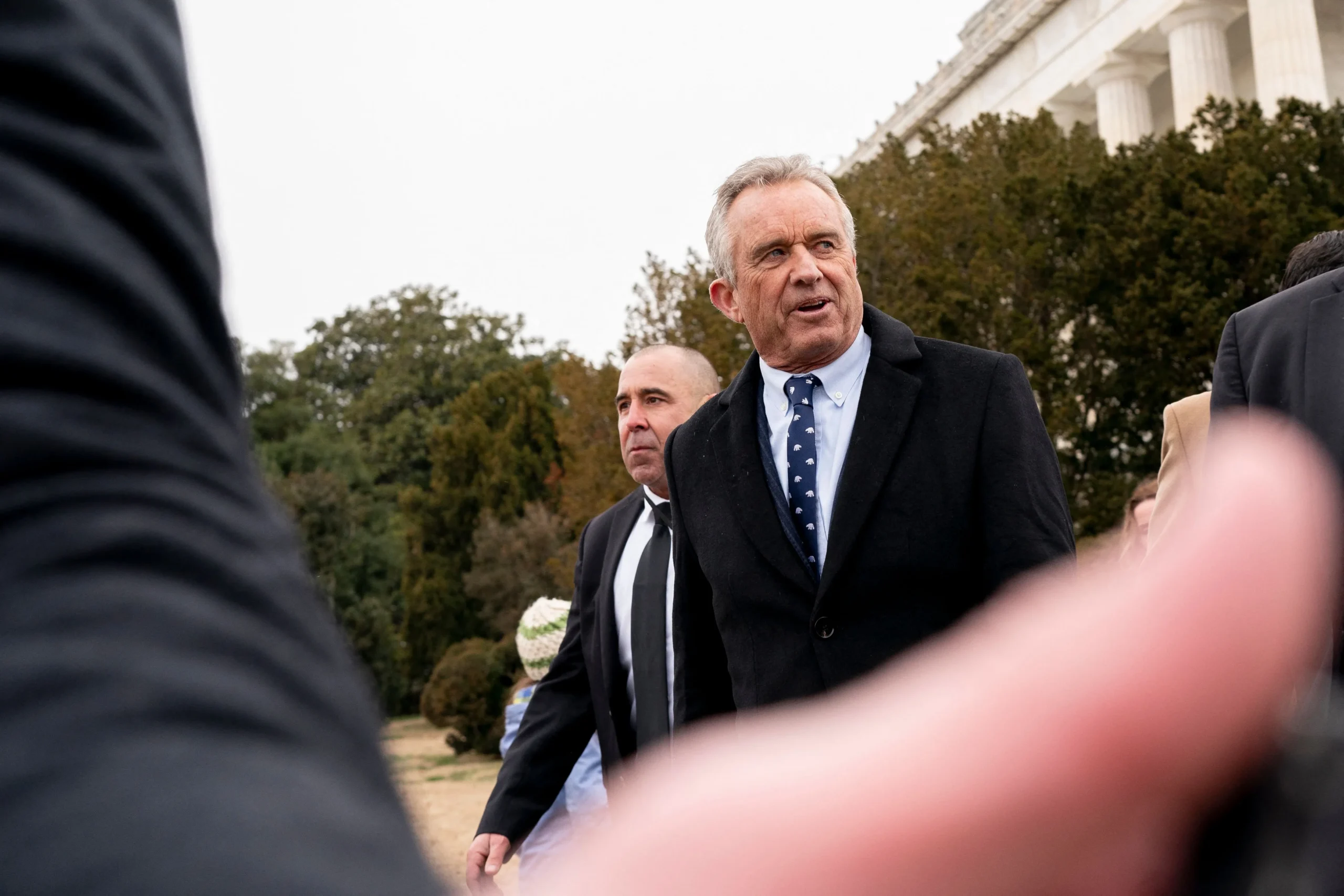RFK Jr. Rises as Trump’s Health Advisor: What This Means for America
In a surprising turn of events, Robert F. Kennedy Jr. (RFK Jr.) is emerging as a key figure in public health under a potential second administration of Donald Trump. Discussions are underway regarding his leadership of major health agencies, including the Food and Drug Administration (FDA), the Centers for Disease Control and Prevention (CDC), and the Department of Health and Human Services (HHS). This development raises significant questions about the future of public health policy in the United States.
Who is RFK Jr.?
RFK Jr. is not just a member of the famous Kennedy family; he is also a prominent environmental attorney and activist. His controversial stance on vaccines has made him a polarizing figure in public health discussions. Despite his history of anti-vaccine activism, he has recently stated that he does not intend to remove vaccines from the market. Instead, he emphasizes that individuals should have the right to choose whether to use them.
What are Trump’s Objectives for Kennedy?
Trump has outlined three primary objectives for RFK Jr. as he prepares to take on this significant role:
- Addressing Corruption: Kennedy is expected to focus on cleaning up perceived corruption within health agencies, particularly concerning conflicts of interest with the pharmaceutical and food industries.
- Restoring Scientific Integrity: A return to evidence-based practices in public health policy is a priority, with the aim of establishing a “gold standard” of scientific integrity in decision-making.
- Chronic Disease Crisis: Kennedy will tackle the rising rates of chronic diseases among children, setting measurable goals to reduce conditions like obesity and diabetes within two years.
These objectives reflect a broader populist agenda that seeks to reshape public health policy in America.
How Might Kennedy Influence Public Health Policies?
Kennedy’s potential influence could lead to significant shifts in public health policies. His focus on transparency and reforming how public health information is disseminated may resonate with a segment of the population that feels disillusioned with current health practices. However, his controversial background raises concerns about the implications of his leadership.
The Controversial Background of RFK Jr.
Kennedy is well-known for his contentious views on vaccines, which have drawn criticism from medical professionals and public health officials. His association with spreading misinformation about vaccine safety has led to a polarized public perception. As he steps into a role that could shape national health policy, many are left wondering how his views will impact vaccination programs and public trust in health initiatives.
Environmental Advocacy and Public Health
In addition to his health policy ambitions, RFK Jr. has a long history of environmental advocacy. He has focused on issues such as pollution and toxic chemicals that affect public health. This dual focus on environmental and health issues could lead to a more integrated approach to public health reform, but it also raises questions about the balance between environmental concerns and vaccine policy.
Public Perception and Polarization
Kennedy’s appointment as a health advisor could further polarize public opinion on vaccination and health policy. Given his controversial statements and history, many Americans may feel uneasy about his influence over critical health decisions. This polarization could complicate efforts to unify public health initiatives and foster trust in vaccination programs.
Trump’s Confidence in Kennedy
Despite the controversies surrounding RFK Jr., Trump has expressed confidence in his abilities. The former president believes that their collaboration could unify their respective supporters around shared goals in health policy reform. This partnership may appeal to those who feel that traditional health policies have failed to address their concerns.
Potential Risks of Kennedy’s Influence
Health experts have voiced concerns about the potential risks associated with Kennedy’s influence over vaccine policy. His skepticism towards vaccines could undermine public trust in vaccination programs, which are crucial for managing public health effectively. As the U.S. continues to navigate challenges related to infectious diseases, the implications of Kennedy’s role could be far-reaching.
Next Steps for RFK Jr. and Trump’s Team
As RFK Jr. reviews resumes for top health positions and consults with Trump’s team, the specifics of his role and the policies he will advocate for are still being defined. However, they are expected to align closely with Trump’s broader populist agenda. The coming months will be critical in determining how Kennedy’s influence will shape the future of public health in America.
In conclusion, RFK Jr.’s rise as Trump’s health advisor marks a pivotal moment in American public health policy. With a focus on addressing corruption, restoring scientific integrity, and tackling the chronic disease crisis, his leadership could lead to significant changes. However, the controversies surrounding his views on vaccines and public health may also pose challenges that could impact public trust and health outcomes. As the nation watches closely, the implications of this partnership will unfold in the months to come.






Leave a Comment